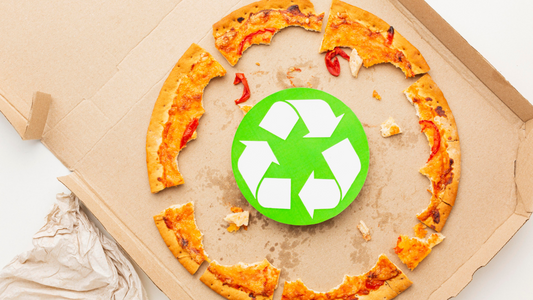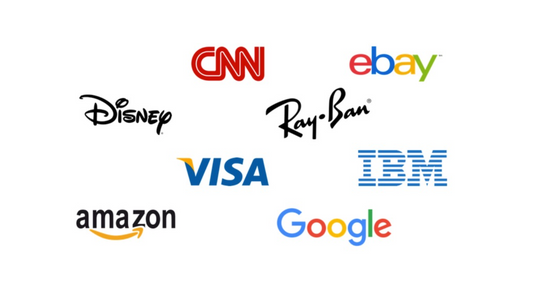The world is facing an ecological crisis, and people across the globe are taking steps to minimize environmental damage. One of the most effective ways to contribute is by choosing eco-friendly alternatives, such as plant-based food packaging.
Why Packaging Matters
Packaging plays a crucial role in preserving food quality and preventing contamination. However, traditional packaging made from plastic, metal, and other non-biodegradable materials poses a significant threat to the environment. To combat this, the packaging industry is shifting toward sustainable solutions, with plant-based packaging emerging as an ideal choice for eco-conscious consumers.

Key Benefits of Plant-Based Food Packaging
-
Environmentally Friendly: Made from renewable resources like corn, sugarcane, and bamboo, plant-based packaging decomposes naturally without releasing harmful toxins.
-
Lower Carbon Footprint: Traditional packaging relies on fossil fuels, increasing greenhouse gas emissions. In contrast, plant-based packaging emits fewer pollutants and promotes sustainability.
-
Biodegradable: Unlike plastic, which can take centuries to break down, plant-based packaging decomposes quickly, enriching the soil with valuable nutrients.
-
Sustainable: Materials used in plant-based packaging are harvested responsibly, reducing environmental strain and promoting the sustainable use of natural resources.
-
Cost-Effective: The production of plant-based packaging requires fewer resources compared to conventional materials, making it a more affordable long-term solution.
-
Non-Toxic: Free from harmful chemicals found in plastic, plant-based packaging ensures food safety and consumer health.

Real-World Examples
Many global brands have already integrated plant-based packaging into their operations:
-
McDonald's: Introduced fiber-based straws and paper packaging to replace plastic.
-
Coca-Cola: Launched a plant-based bottle made from 30% renewable materials.
-
Nestlé: Committed to making 100% of its packaging recyclable or reusable by 2025.
Challenges and Limitations
Despite its advantages, plant-based packaging faces some challenges:
-
Durability: Some plant-based materials may not be as strong as plastic, affecting product longevity.
-
Availability: Limited supply and production capacity can make it difficult for smaller businesses to adopt.
-
Higher Initial Costs: While cost-effective in the long run, initial production expenses may be higher than traditional packaging.
The Bigger Picture
Did you know that over 300 million tons of plastic are produced globally each year, with a significant portion ending up in landfills and oceans? Choosing plant-based food packaging can help reduce this waste and lessen environmental impact.
Take Action
Next time you order takeout or shop for groceries, check for plant-based packaging. Every small choice adds up to a greener future. Supporting brands that prioritize sustainability encourages more companies to make the switch.
By choosing plant-based packaging, we can all play a part in protecting the environment and creating a sustainable future for generations to come.









